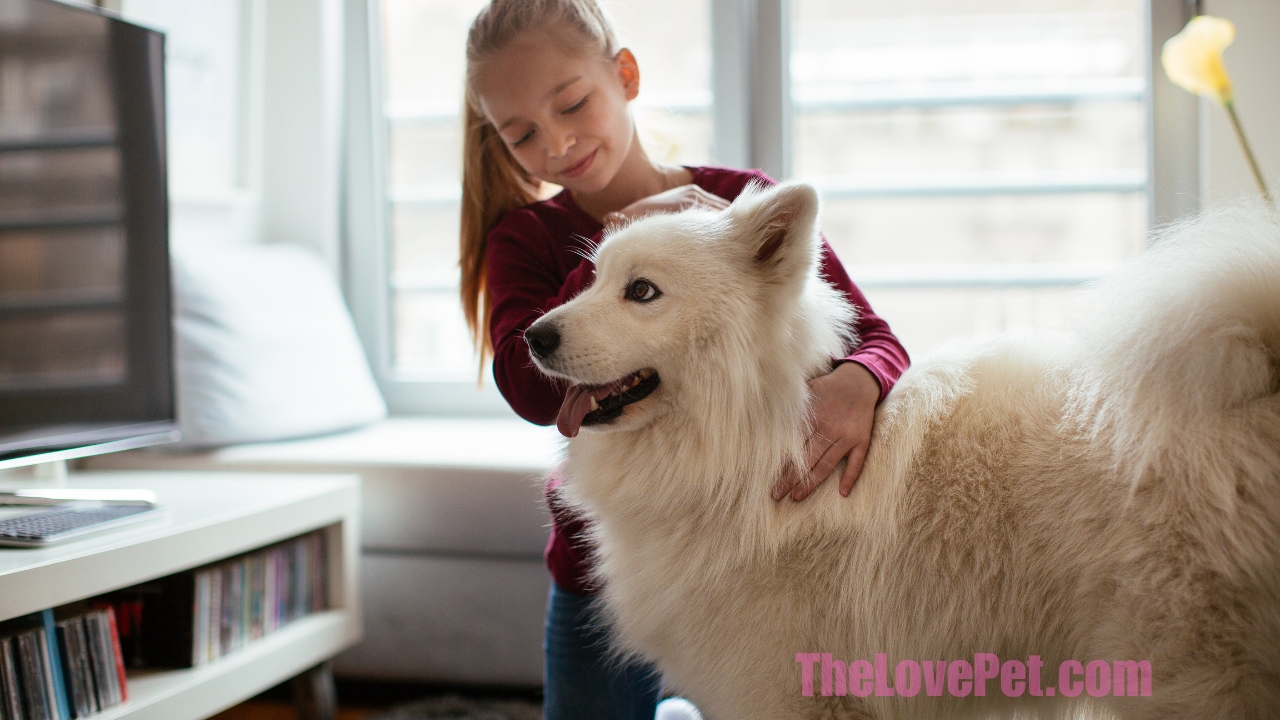How Long Do Rats Live As Pets
Lifespan of Pet Rats
Pet rats generally live 2-3 years on average. With proper care and a healthy environment, some pet rats may live upwards of 4 years.
Factors Affecting Rat Lifespan
Genetics
Some rats are predisposed to live longer than others based on their genetics. Selective breeding has produced rats that live longer lives while remaining healthy.
Housing
Proper housing, nutrition, and environmental conditions are key to supporting a rat’s health and longevity. Rats should be kept in large cages with opportunities for exercise and enrichment. Avoid drafts, extreme temperatures, and ammonia buildup from urine.
Diet
Feed pet rats a nutritious commercial diet formulated for rats. Supplement with fresh fruits and vegetables. Avoid unhealthy treats and foods high in fat, sugar, or salt.
Veterinary Care
Regular veterinary checkups and prompt treatment of any health issues can help rats live to their full lifespan potential. Neutering males and spaying females has health benefits.
Social Interaction
Rats are social animals that require daily play and interaction with owners. A lonely, isolated rat may experience chronic stress that negatively impacts health.
Age and Health Issues
Like other pets, rats succumb to age-related health issues like tumors and organ failure. Providing comfort care in their final days allows rats to live out their full natural lifespan.
Here is some additional information to expand on the main points:
Choosing the Right Rat Breed
Fancy Rats
Fancy rats typically live longer than wild rats or feeder rats. Selectively bred for health, temperament and longevity.
Coat Types
Coat types like Rex and Hairless rats may need additional care but can still live full lifespans.
Creating a Rat-Friendly Habitat
Cage Size
The bigger the cage, the better. Opt for tall, multi-level cages with ramps, platforms, tubes and toys.
Substrate
Use paper-based bedding or litter products. Avoid cedar, pine, and corn cob beddings.
Enrichment
Rotate new toys, chews, and play areas to stimulate rats mentally and physically.
Signs of Healthy Aging in Rats
Gradual Weight Loss
Healthy rats may lose some weight as they age. Monitor for significant drops.
Coat and Skin Changes
Coats may thin out or lose luster. Check for lumps, bald spots, or sores.
Reduced Activity
Aging rats tend to slow down. Adjust free roam and play time accordingly.
Increased Sleep
More napping and rest time is normal. Make sure rats can comfortably sleep and stay warm.









